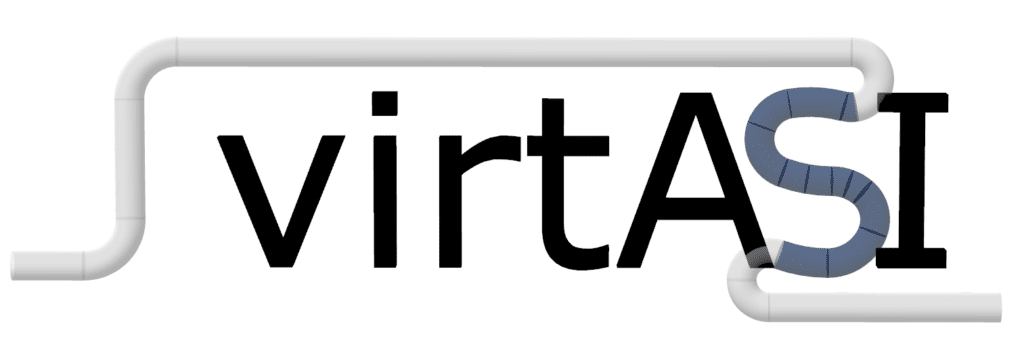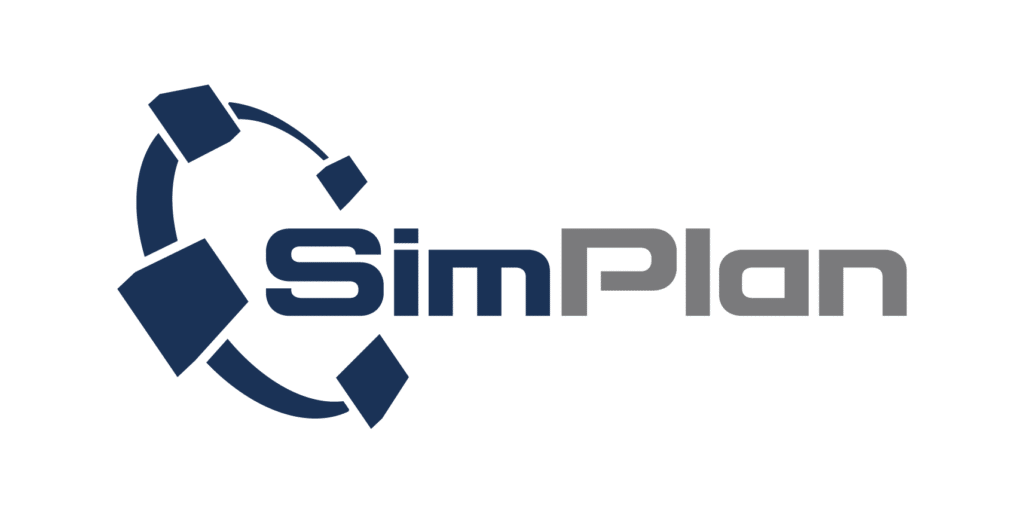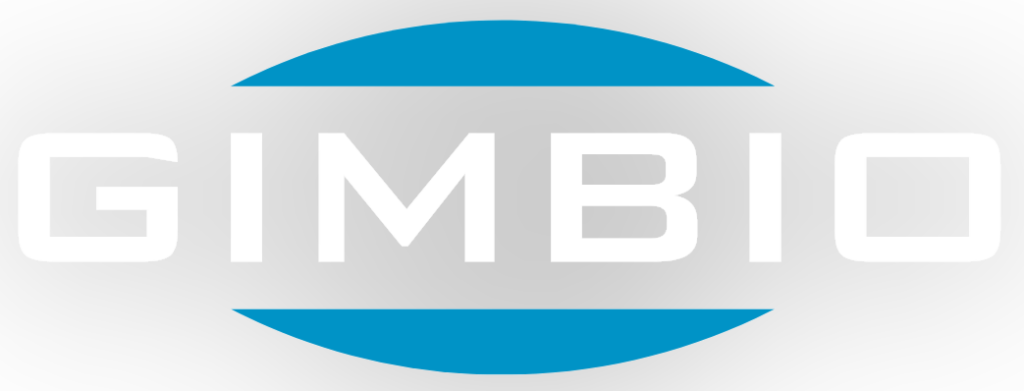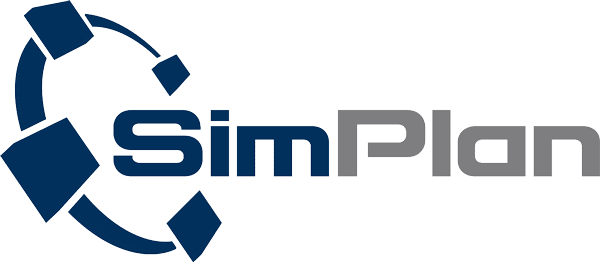
virtASI: Innovative approaches for the engineering of production plants in the food industry
We are pleased to be part of the innovative research project virtASI, which is funded by the Bavarian Research Foundation. This project aims to simplify and digitise the engineering of production plants in the food industry in order to meet the increasing demands for product diversity and shorter life cycles.
Challenges in the food industry
The food industry is constantly adapting to changing market needs. An increasing variety of products and short product life cycles require the rapid development and commissioning of new production plants. However, this development is complicated by the increasing complexity of the plants, the increased use of automation and information technologies, and the shortage of skilled workers. In particular, the development of automation solutions poses a significant challenge. Therefore, new approaches and technologies for control development are needed, along with suitable test and analysis tools to secure these systems.
The virtASI project: A new approach to plant engineering
In this context, the virtASI project was launched to rethink the engineering of food processing production plants and to place innovative methods and technologies at the centre of plant development. A central aspect of the project is the simultaneous and automated generation of both modular simulation models and the corresponding control algorithms. Based on standardised modular planning data stored in the administration shell, the plant is to be automated almost independently with the help of AI methods. The generated automation solution can then be linked to the automatically generated simulation model in the sense of software- and hardware-in-the-loop, enabling the plant to be virtually commissioned quickly and easily.
Our role in the project
SimPlan is using the research project to further develop existing software components and modules for simulation and virtual commissioning for use in the food industry. In addition, the integration of the administration shell in this area is being driven forward.
As one of the leading providers in Germany, this opens up a multitude of new economic opportunities for SimPlan: While VIBN has so far been used primarily in large, individual production plants – particularly in the automotive industry or intralogistics – the project is increasingly making the process more attractive for developers and manufacturers of small, customised plants in the food industry. This creates new potential for service projects in this sector.
In addition, the project offers opportunities for marketing the developed software components for administration shells – either directly to manufacturers of plants or control systems, or indirectly in cooperation with software companies such as Rockwell or Siemens. Furthermore, SimPlan sees economic potential in the synergies arising with the project partners.
Project partner




The research project is funded by the Bavarian Research Foundation.
The funding started in August 2024 and will last for 3 years.
